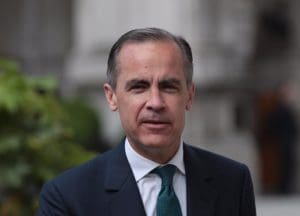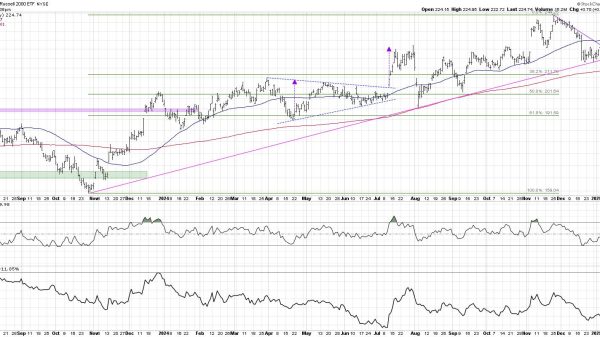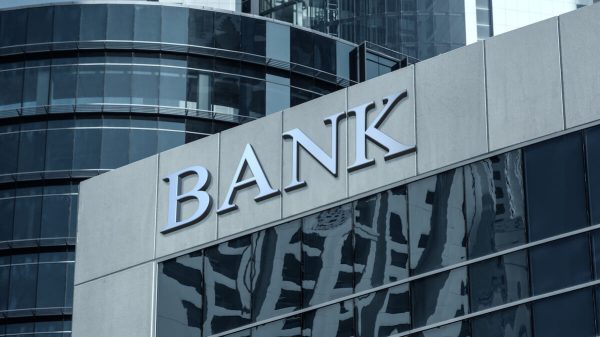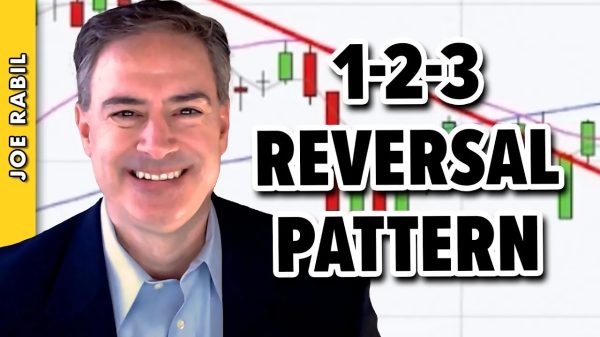The Argentine peso has lost half its value in one year. Both the official and parallel exchange rates with the US dollar and the Mexican peso have doubled in one year. Consumer prices have doubled in one year. The quantity of Argentine pesos has doubled in one year. All the rates at which these variables are increasing have also doubled in one year. Expecting everything to double again in half a year is now a conservative projection.
Argentina was the richest country in the world at the beginning of the twentieth century. It has now endured almost one hundred years of fiscal dominance, meaning that the central bank always accommodates whatever deficit the government decides to run. Argentina has been practicing modern monetary theory since before it was even a concept. Today more than half the people in Argentina are in poverty by worldwide standards, and the highest-earning quartile has an income comparable to the lowest-earning quartile of a developed country.
The Argentine economic policy consists of everything that even the most mainstream economic principles course teaches should never be done: there is fierce and indiscriminate protectionism, the labor market is overregulated to the point that hiring is prohibitively expensive, and price controls are ubiquitous. Everyone is acutely aware that there is a problem, but the current administration has decided to stay the course and focus their efforts on short-term measures to mend the cracks in the haul so that the ship does not sink before the election later this year.
Meanwhile markets are already starting to break down and people are starting to panic. Some merchants are deciding to reduce the merchandise available for sale and build up inventories, and people are going out to buy durable food products as soon as they get their paychecks. This is indicative of a rapidly decreasing demand for Argentine pesos, which has no anchor and no bottom.
The silver lining of this terrible situation Argentina finds itself in is that it may become a catalyst for a new dawn for the entire region. Many people in Argentina expected this to happen and have been preparing. Most people have saved in US dollars and real assets. Some of those savings are in the banking system, but there is a general distrust toward banking as well. Some economists speculate there are billions of dollars saved under the mattress. A change of currency has de facto already started. Most durable goods like houses and cars are priced and transacted in US dollars. This is a trend that will be extended wherever possible to employment contracts and within supply chain transactions as the Argentine peso continues to lose value at faster rates.
Javier Milei, an economist and Argentine presidential candidate, has gone from being relatively unknown to being the single name expected to get the highest number of votes in the primaries of any party, polling at 27 percent of the total affirmative vote. He is followed by Horacio Rodríguez Larreta, current governor of the city of Buenos Aires and longtime political insider, with 22 percent of the total affirmative vote.
Milei proposes deep and swift reforms with the ultimate goal of starting to generate growth again. His core campaign promises consist of liquidating the central bank, providing an institutional framework to support the de facto dollarization, and ending the deficit spending by reducing the budget by 15 to 20 percent through an elimination of the infrastructure budget and directional transfers without initially reducing welfare spending. He also seeks to deregulate the labor market, simplify the tax structure, and eliminate tariffs and restrictions on international trade.
Milei has received heavy criticism by political opponents and experts close to power on his plan to retire the Argentine peso from circulation, being called unfeasible. The truth is that the liquidation of the central bank is no more complicated than the liquidation of any other company. The central bank has both assets and liabilities. In the case of Argentina, the liabilities are the Argentine pesos and interest-paying bonds. The assets are net foreign currency reserves and Argentine treasuries.
The number of US dollars required to recover all Argentine pesos and repurchase the interest-paying bonds depends on the exchange rate. At current rates, between $30 and $35 billion would be necessary. The face value of the Argentine treasuries currently held by the central bank is around $70 billion, but they are currently traded in Wall Street at around twenty-five cents on the dollar. If the government were to stop running a deficit, it would be easy for the market price to increase to over fifty cents on the dollar as this is the price at which the defaulted Sri Lankan treasuries are traded.
Though not from the same party as the current administration, Larreta represents a continuation of the status quo in terms of economic policy. During the covid-19 pandemic he supported and enacted draconian measures comparable to what New York and California state and local governments imposed. He has been unable to keep crime under control, he has allowed welfare recipients to block the streets as they protest for an increase in benefits, and he has used the government apparatus of the city of Buenos Aires for personal gain. These are all normal things for Argentine politicians.
Larreta represents the opposition with experience, but he has no strong beliefs or convictions; he is guided by focus groups, and his dialogue consists of phrases manufactured to sound good but which have no depth. He has been talking about an “integral plan” (could also be translated as “holistic plan”) to solve the current problems for months but has never provided any details.
To the extent that Larreta has mentioned concrete inspirations, he has called himself a Keynesian and has advocated price controls. He has also expressed vague opposition to the shock reforms proposed by Milei. He wants to be seen as the “responsible” option, and the reforms also happen to be against his personal interests. He is inexplicably the center-right option.
Milei is expected to continue to grow in the polls. It is now almost certain that he would be one of the two candidates in the case of a second round if no candidate receives 45 percent of the affirmative vote or 40 percent with a ten-point lead over the next contender in the first round. According to my calculations, a victory by Milei in the first round is now a real possibility. Whether he can reverse Argentina’s slide into hyperinflation is another question altogether.























